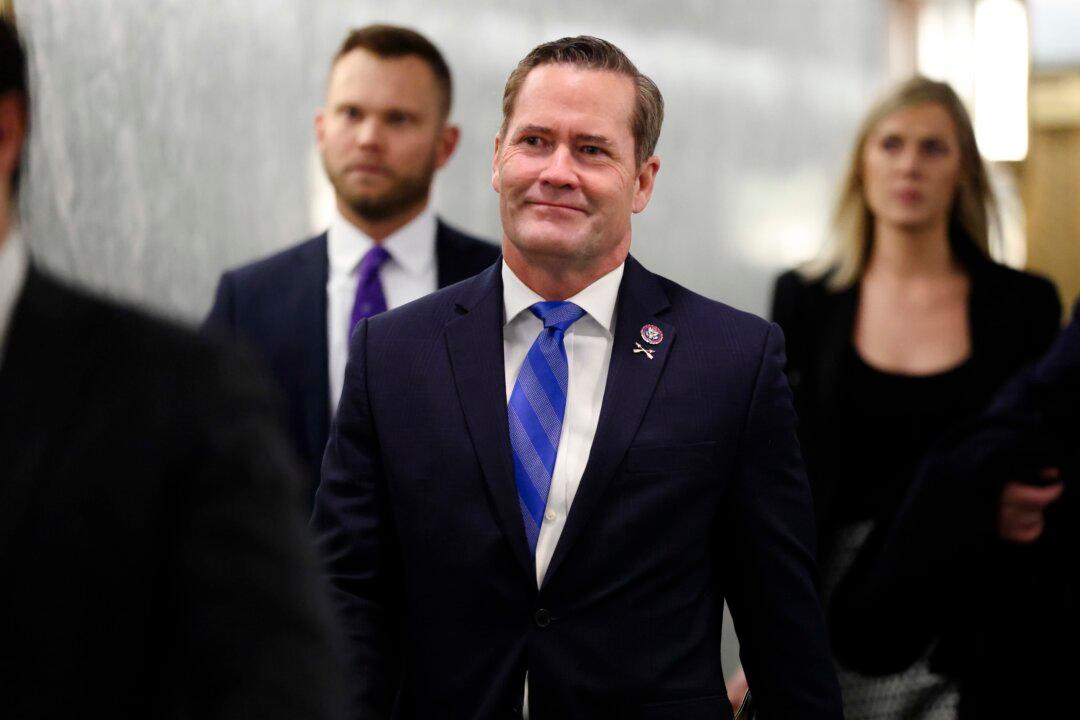The incoming administration is confident it can keep TikTok running in the United States while protecting America’s national security, according to Mike Waltz, President-elect Donald Trump’s appointee for national security adviser.
Waltz said in an interview with CNN on Sunday that options to get the social media app back online range from “an outright sale” to “some mechanism of firewalls to make sure that the data is protected here on U.S. soil.”





